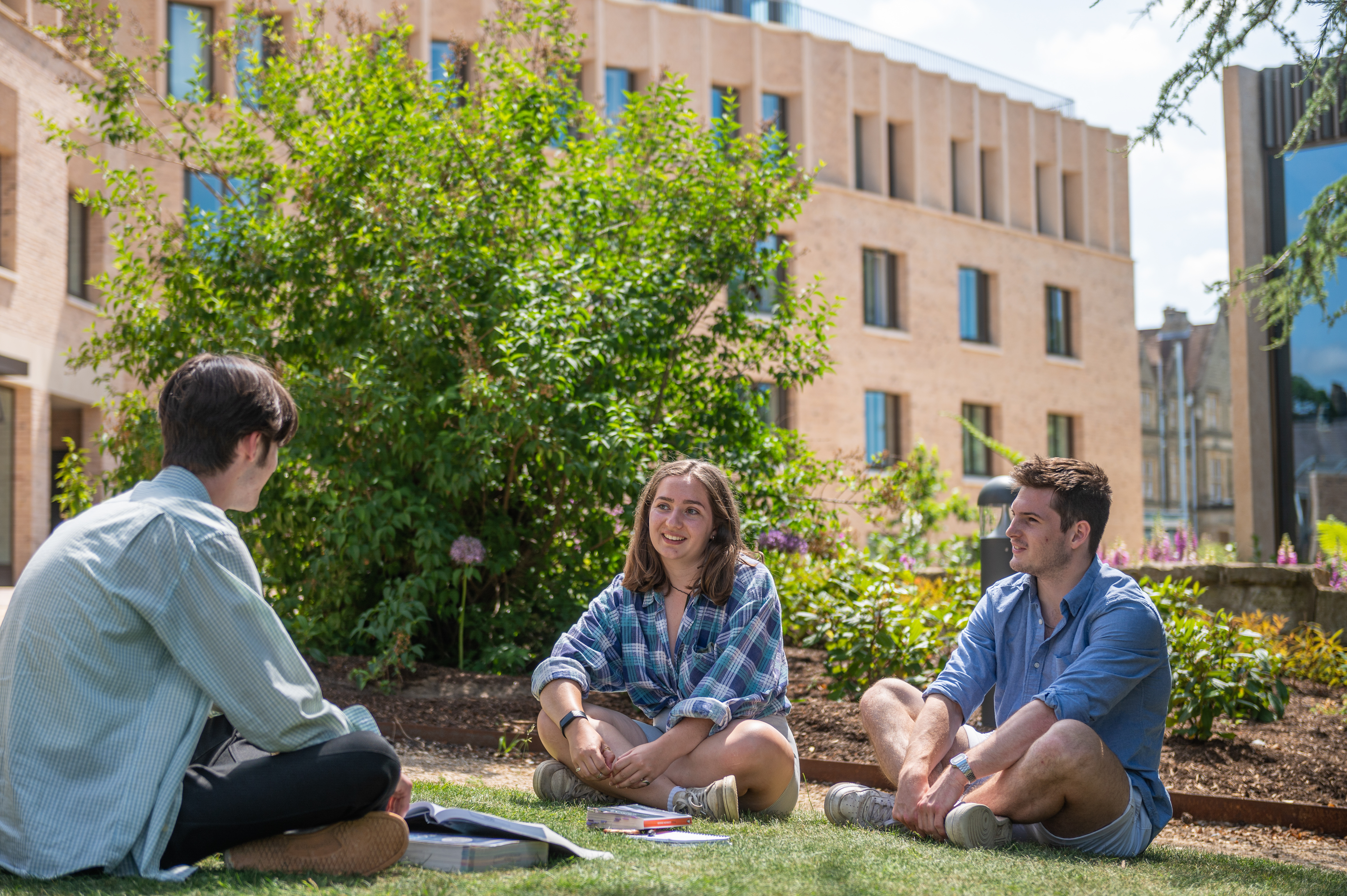
As an open and friendly College, we want everyone to feel free to ask for advice at any time.
As well as support offered within College, the University also organises a range of workshops and groups to help you build skills to respond to the demands of life at university.
Emergencies
For emergency assistance from College staff and College first aiders, contact the Porters' Lodge (Tel. 01865 276884).
Inform the Porters' Lodge as soon as possible of any emergency on college property, and be sure to inform them if you have alerted the emergency services.
Welfare concerns
Our student Welfare Reps organise welfare events in College and are available to direct you to various sources of support.
You are also welcome to contact your Personal Tutor or College Adviser, or any member of the Senior Common Room, especially the Senior Tutor, the Dean, the Chaplain, or the Academic Registrar. Either telephone, email, or leave a note in the staff pigeonholes at the Lodge to arrange a meeting.
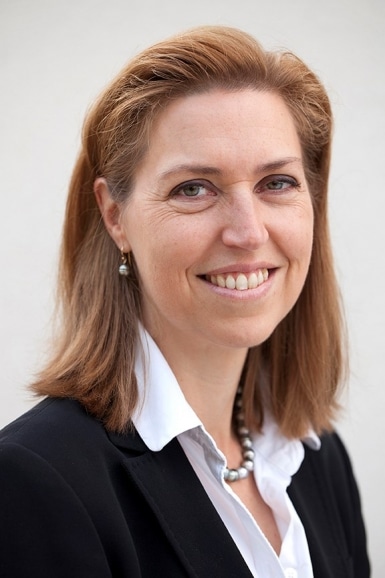

Engineering
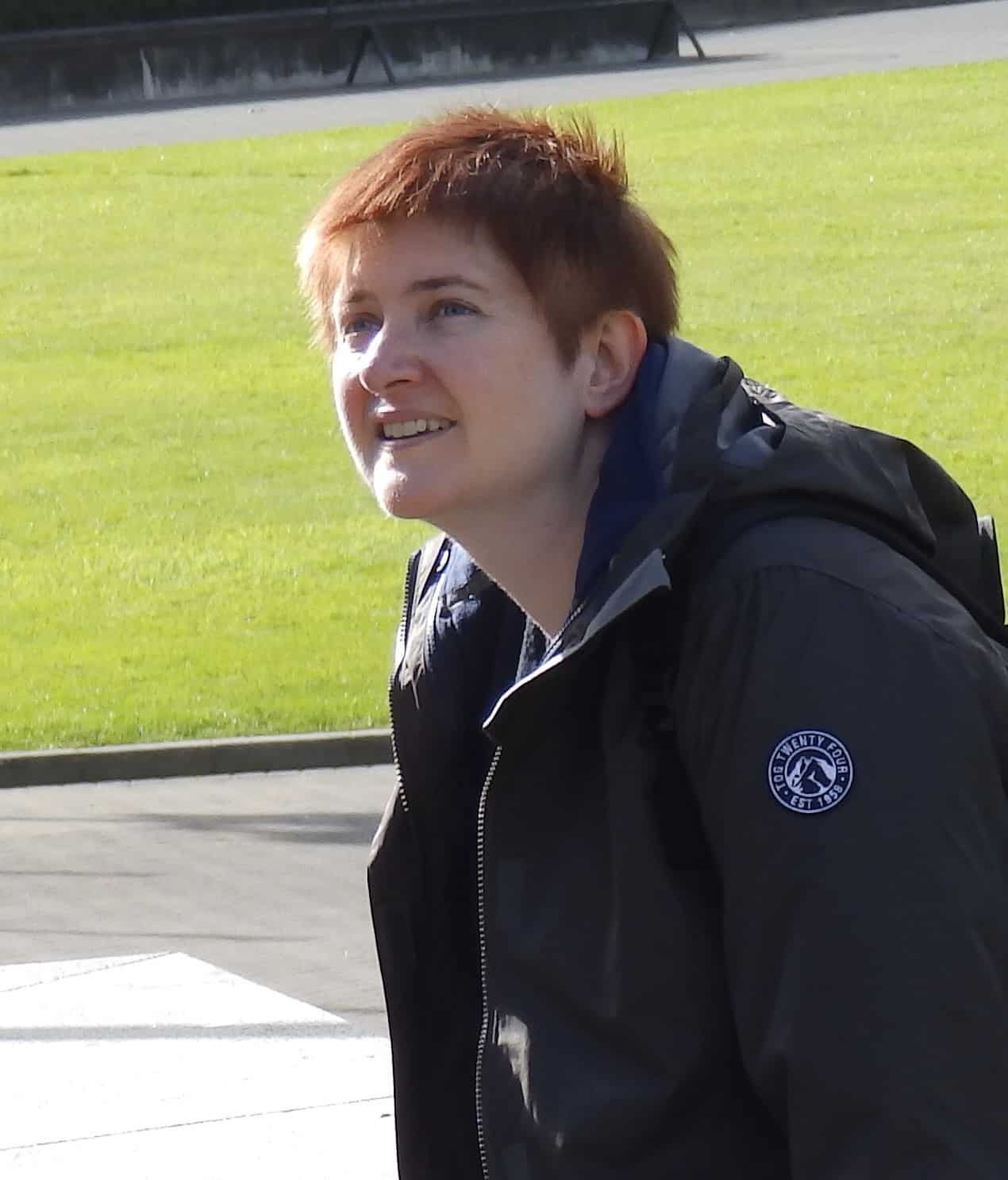
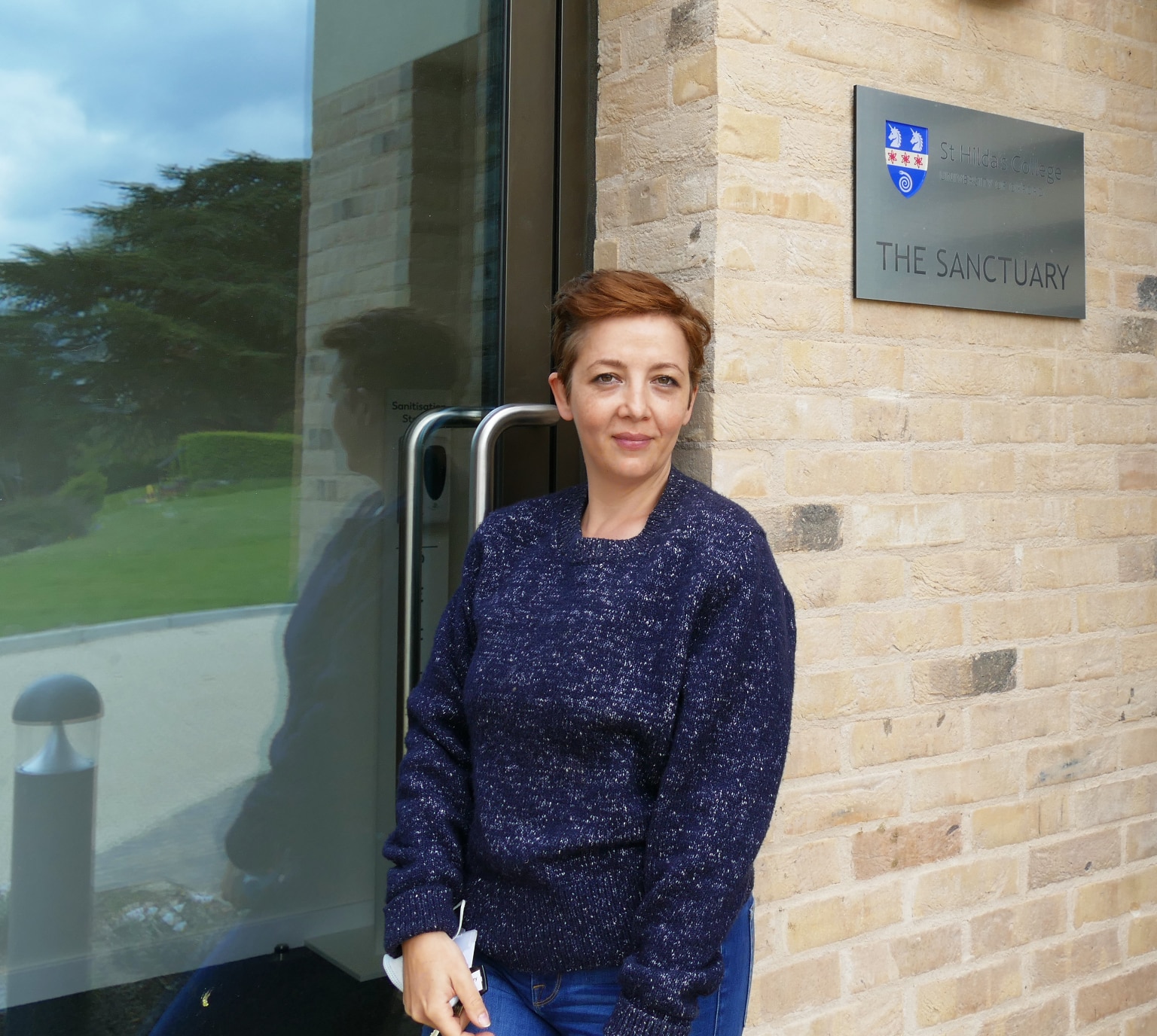
The Dean and Junior Deans
The Dean and Junior Deans are available in College to discuss welfare issues.
The Junior Deans take responsibility for welfare issues between 7pm and 7am every night and at weekends from 0th week to 9th week each term.
If you have an urgent welfare issue at night or on a weekend, please phone the Porters' Lodge (Tel. 01865 276884) and ask for the Junior Dean on duty to either attend in person or to call and speak to you. It is a good idea to have the Porters’ Lodge number saved in your phone.
If you have a non-urgent welfare or discipline issue, you can email the Dean any time.

Engineering

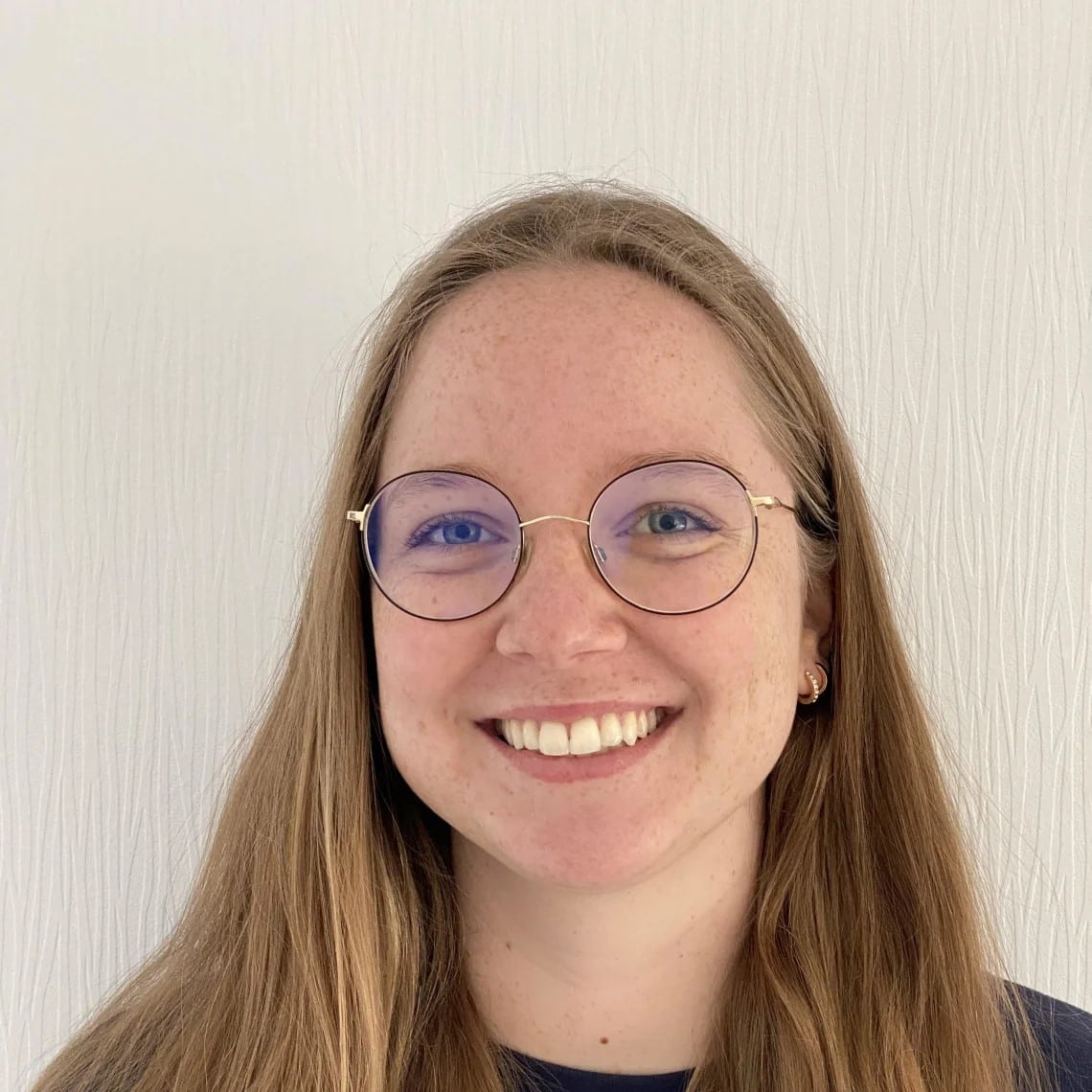

Welfare Officer
We also have a Welfare Officer who provides a confidential and friendly support service. Contact the Welfare Officer, no matter how small your concern, available for three hours every weekday in Weeks 0-9.
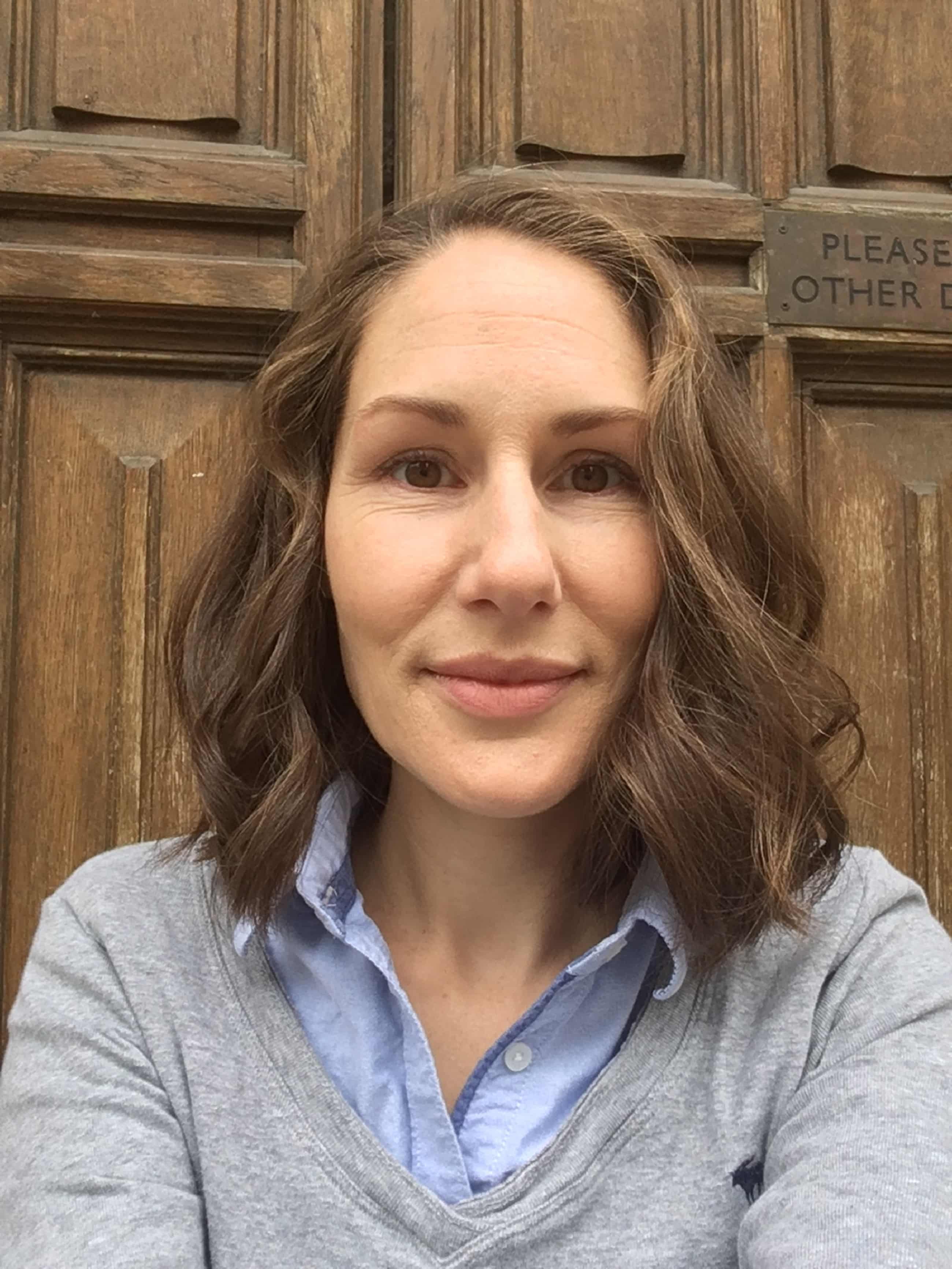
College Counsellor
The College Counsellor is available by appointment for two sessions a week in weeks 0-9.
You’ll find the University’s Counselling Service on the University website. This site also offers useful time-management and study skills advice and includes self-help materials.
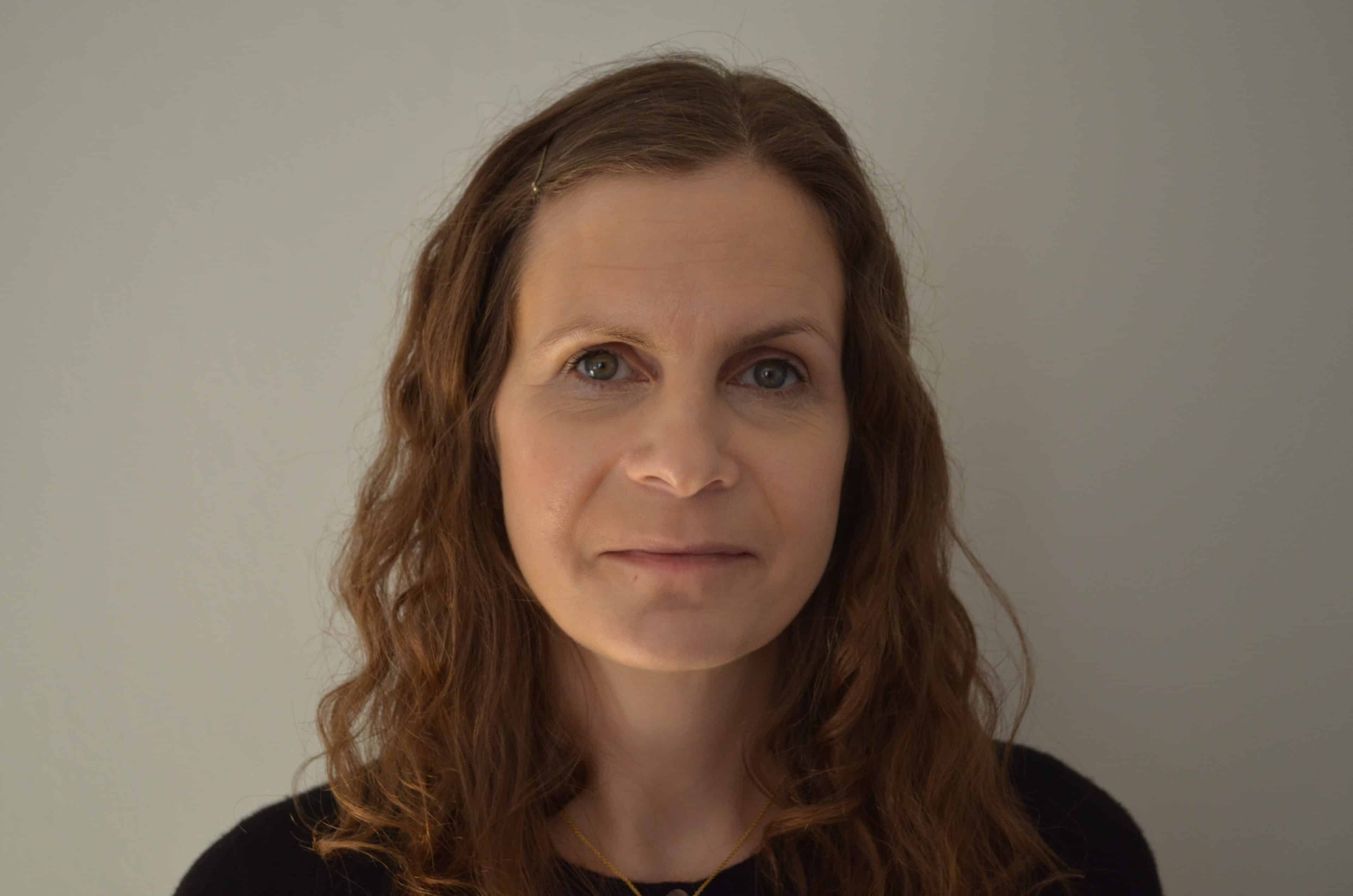
Peer Support
Here at St Hilda’s, we have a supportive community of Peer Supporters who are trained to offer confidential, non-judgemental listening and practical support to their fellow students. They can also link you to other members of the Welfare Team.
If you are experiencing any difficulties or challenges please get in touch with one of our JCR or MCR Peer Supporters.
Eva Fidler (JCR)
Julie de Coulon (JCR)
Tyler Applewhaite (JCR)
Lisa Carr (JCR)
Nithusha Sathyendran (JCR)
James Bowen (MCR)
Alex Pascual-Cid (MCR)
Mattan Pelah (MCR)
Self help
You’ll also find a range of self-help materials in our library.
Disability Support
You may disclose a mental or physical disability at any time at Oxford, but please come to us as soon as possible so that we can help you to get the support you need.
Our Disability Fellow, Professor Lorna Smith, and our Disability Coordinator, Rebekah Unwin, as well as the Domestic Bursar, the Head Chef, and the Head of Estates, are all happy to provide practical advice on domestic matters, meals or the adaptation of facilities in student rooms.
Accessibility
We welcome all students with a disability, both undergraduate and graduate, and we are working to improve access throughout the College. There is also an Oxford University-wide Access Guide.
We have many rooms specially adapted for disabled students. First-year undergraduate students have designated rooms in Wolfson Building with an adapted shared bathroom, and for other undergraduate students there are adapted rooms with en-suite bathrooms in Christina Barratt Building and the Anniversary Building. Graduate student-accessible rooms are located in 205 Cowley Road.
Wheelchair access to the College is via the main entrance.
Arrangements for examinations
If you have a long-term disability, adjustments for your examinations can be requested. Please contact Disability Coordinator, Rebekah Unwin, for more information.
The University of Oxford’s Common Framework Statement sets out principles underpinning our procedures for supporting disabled students. Disability support is a collaborative approach including the DAS, the College and your department. The College takes the lead for maintaining oversight of disability arrangements for undergraduates while for graduates that is managed by the department/faculty.

Chemistry

Medical Help
Our Doctor is available once a week in term-time and our Nurse is on-site every weekday in term-time in Wolfson Building Room G04 or online. To make an appointment, email the Nurse. Students can also use the GP surgery on Banbury Road.


Transgender and Gender Identity
We have a long history of championing gender equality and inclusivity.
We have an annual Gender Equality Festival, and many of the College’s facilities are suited to transgender students, such as gender-neutral toilets and bathrooms in most buildings.
If you’re a transgender student, we’re committed to supporting you through all aspects of your time at Oxford – academic, social and medical - and the College has adopted the University’s Transgender Guidance and Policy.
For support with trans-related issues, including administrative, mental health or medical matters, contact the Senior Tutor, who will arrange a meeting with you to discuss your needs, including any points on the University’s checklist for supporting students who are trans/transitioning.
With your permission, the Senior Tutor will inform everyone who needs to know about any changes. We appreciate that everyone is different, and changes can be made in stages or all at once.
Please raise any relevant concerns with us, such as worries about privacy with your family, your chosen name and pronouns, or about visas if you are an international student.
If you need time away from your studies for medical reasons, please discuss this with us.
You can also talk to the Dean, Junior Deans, Welfare Officer, JCR and MCR Welfare and LGBTQ Officers, and Peer Supporters or a counsellor from the University’s Counselling Service who is trained in trans-related issues (including training from Gendered Intelligence).
Our College doctors have experience working with people who are trans/transitioning.
There is more information about university-wide policy and welfare provision for students who want to transition available from the University’s LGBTQ Society which has a Trans Officer, who can be approached for outside-college support from trans students for trans students.
Harassment
Harassment is unacceptable, and we will protect students, staff and anyone else from any form of harassment that might inhibit them from pursuing their work or studies, or from making proper use of university facilities. We will take any complaint of harassment seriously.
We have three harassment advisors who can provide counselling and advice: Nicky Charles (Accommodation Officer), Kerstin Hoge (Linguistics Fellow) and Sarah Norman (Senior Tutor).
For information about making a report of harassment and the College's Code of Practice Relating to Harassment, see the Student Handbook.